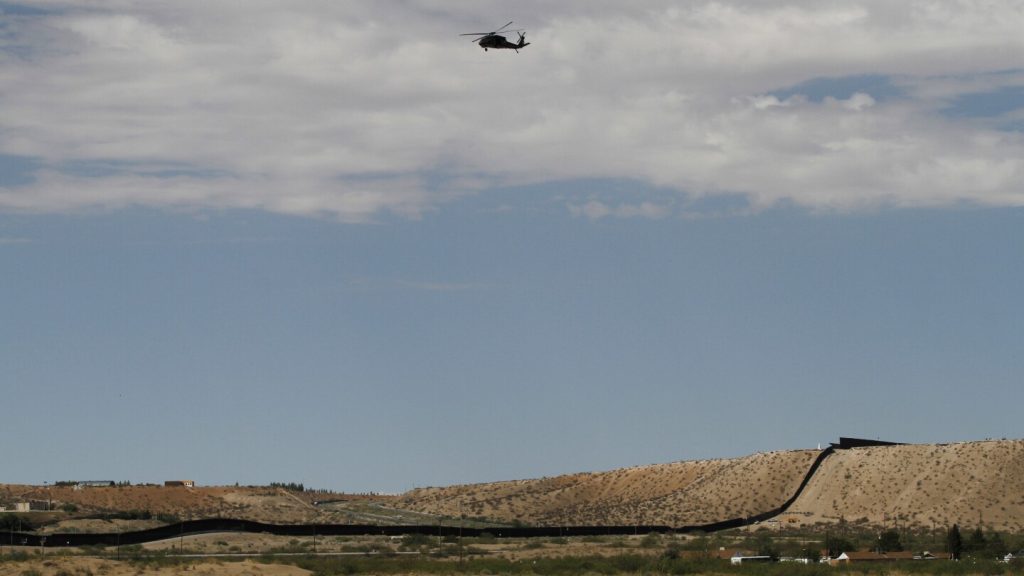Arrests for illegally crossing the border from Mexico fell 7% in September to a more than four-year low, with the Border Patrol making 53,858 arrests, down from 58,009 in August. This decrease was likely influenced by the upcoming presidential campaign where immigration has been a central issue for Republican nominee Donald Trump. Mexicans accounted for nearly half of the arrests, compared to less than a quarter in December. Arrests for other major nationalities have also dropped significantly this year, with San Diego, El Paso, and Tucson being the busiest corridors for illegal crossings in September.
For the government’s fiscal year ending on September 30, the Border Patrol made 1.53 million arrests, a decrease from the previous two years where the number exceeded 2 million each year. The White House credited the decline to severe asylum restrictions introduced in June and criticized congressional Republicans for failing to pass a border security bill earlier in the year. Vice President Kamala Harris has used this issue to counter criticisms that the Biden administration has been weak on immigration enforcement.
The Federation for American Immigration Reform attributed the recent declines in border arrests to increased enforcement by Mexican officials within their own borders. They accused the White House of outsourcing U.S. border security to Mexico in preparation for the 2024 election. Arrests have fallen significantly since Mexico increased enforcement in December, and even more steeply after the U.S. asylum restrictions took effect in June. U.S. officials have acknowledged Mexico’s role in managing migration and are working with other countries to address the influx of migrants.
The Biden administration has introduced new and expanded legal pathways to enter the country in an effort to discourage illegal crossings. More than 44,600 people were allowed to enter with appointments through the CBP One system in September, bringing the total to 852,000 since January 2023. Another policy allows up to 30,000 people from Cuba, Haiti, Nicaragua, and Venezuela with financial sponsors to enter monthly through airports. These initiatives aim to provide alternative options for legal entry into the country and reduce the pressure on border enforcement.
In summary, border arrests from Mexico have decreased, with Mexicans accounting for a significant portion of the total arrests. The White House and immigration advocacy groups attribute the decline to increased enforcement by Mexican officials and U.S. asylum restrictions. The Biden administration has introduced new legal pathways to discourage illegal crossings and ease the pressure on border security. The ongoing collaboration with Mexico and other countries aims to address migration and reduce bottlenecks at the border. The situation at the border remains a focal point for politicians and policymakers as they navigate the complexities of immigration enforcement.


